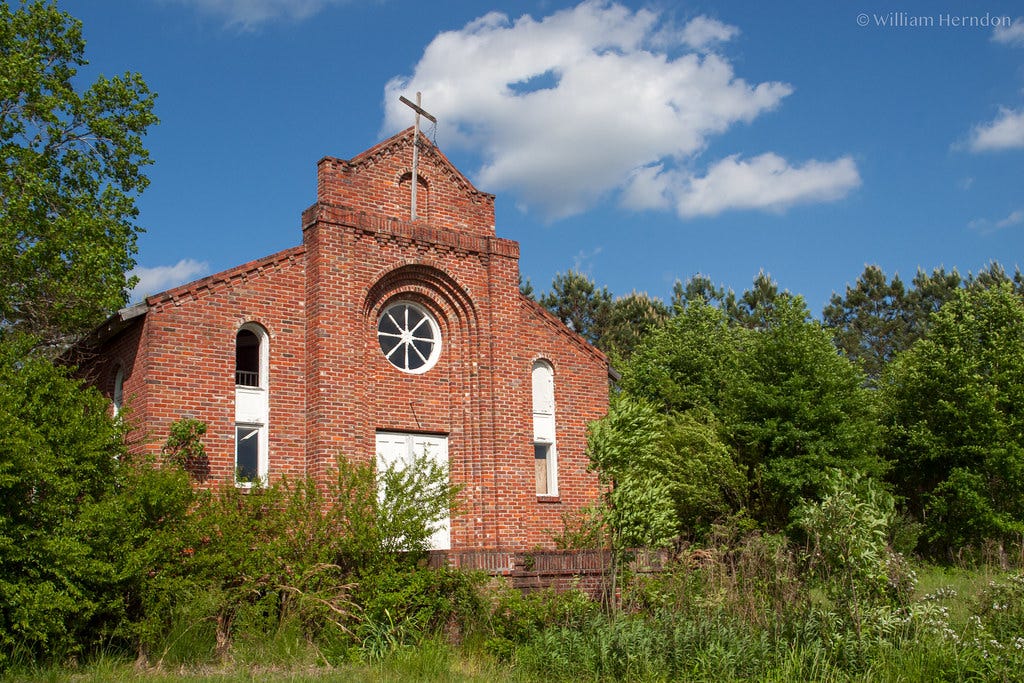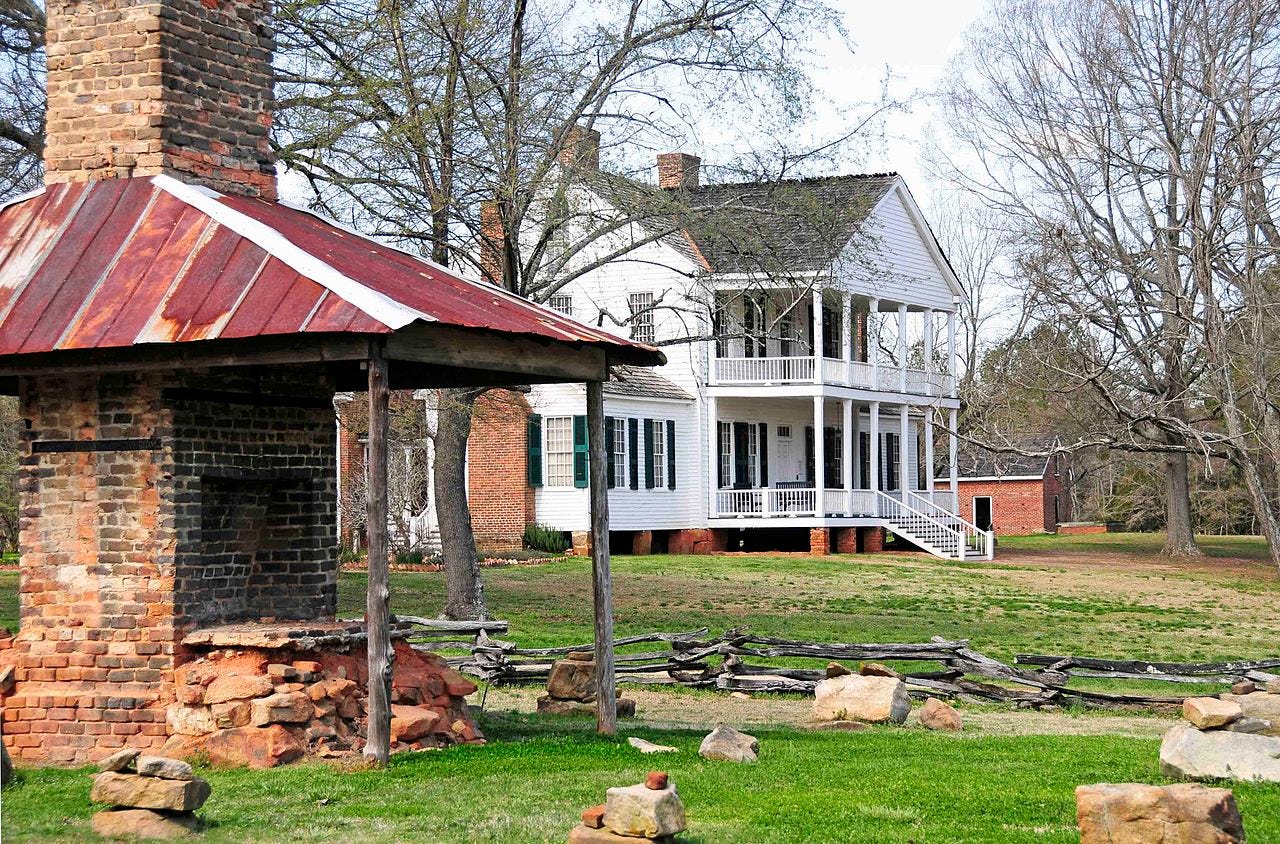Since the Klan Came Through Town
When I was a seminary student, learning to become a pastor, I volunteered in "the circuit"- traveling across Mississippi to fill in at churches without a pastor.
One Sunday, I had an assignment: travel to a church near Tupelo and lead the worship service. I was glad for the opportunity, so I jumped in my car early in the morning and made my way up the Natchez Trace to a small country church.
I arrived at a friendly congregation in an older but well-cared-for building. We sang hymns, read a creed, and I delivered a sermon.
After the service ended, a friendly, middle-aged woman shook my hand.
"Thank you for coming today," she greeted me, "You know, things have never been the same since the Klan came to town."
My heart skipped a beat because I couldn't tell if that was good or bad. All I knew was that I was a "Yankee" who needed to get home quickly.
You're Invited
A few years later, I was a pastor at another Mississippi church. We were hosting a regional meeting of sister churches when a few Elders from another church approached my Senior Pastor and me.
With a smile (which I later recalled was a little smirk), they gave each other the side-eye, shook the Senior Pastor's hand, and said, "These fine boys would make great additions to our little club."
"Thank you. Tell me more about your club," I started to inquire- until the Senior Pastor jabbed me in the side with his elbow.
"Ha, ha. Thanks," my Senior Pastor replied to the invitation.
I persisted in asking more about this exclusive club, only to be jabbed again (a little harder).
"What are you doing?" I questioned my Senior Pastor.
He replied with "shut up" eyes.
I had been invited to join the Klan.
A few years later, the sister church invited this "fine boy" to preach to them. Before I arrived, their pastor warned me, "Don't talk about racial stuff."
Historic Brattensville
A few years later, I escaped Mississippi, only to find myself in South Carolina. As a history buff, I heard about a local historical site, Brattonsville, so I visited it.
There wasn't much to it: old buildings, some slave quarters, and an old church. They even did a Civil War battle reenactment- even though no battles were fought there. Kinda cool, I guess.
Soon after, I had lunch with a local Real Estate expert. I mentioned that I had just visited the ghost town, and he added some context: "Do you know what's historic about 'Historic Brattonsville'?"
I hesitated, not knowing the answer.
He explained it to me.
"The Clansman" is a book based on a character who lived in Brattonsville, SC. This book became the basis for the popular 1915 movie "The Birth of a Nation."
This book and movie tell the story of the Reconstruction era in the Southern United States. It relates the abuses of Northern occupying forces and portrays formerly-enslaved men taking advantage of virginal white women. This prejudicial, revisionist history was very popular. Even Southern-born President Wilson showed it at the White House.
It directly led to not only the revival of the Sons and Daughters of the Confederacy (and their monuments throughout the South) but also the revival of the Klan- even far outside the boundaries of the Confederate South.
Why can't I escape the Klan?
I've heard it said: "Some of those at-work forces are the same that burn crosses."
As someone living in the South, the Klan is still part of life. It might be underground, but its ideas linger.
I recall one sultry Mississippi evening when I stood outside my church with a member. As we took in the sounds of crickets and the orange glow of a setting sun, he reminisced, "Things haven't been the same since the Democrats took over."
I'd lived in the South long enough to understand that he was not talking politics.
I had lived in the South long enough not to be shocked by his observation. Instead, I felt flattered: He trusted me enough to show me his true heart. I didn't agree- or approve- but I was still glad to be invited.
I'm afraid to add that I keep running into them because the Klan probably finds it convenient to hide amongst Evangelical Christians. After all, they share some of the same language: "traditional values," "a Christian nation," "the Bible says..." and more. The vocabulary is so similar I have to wonder: who influenced whom?
Even though I don't believe Jesus approves of the racism and white supremacy of the Klan, is this why I keep running into it (and its ideas)?



I feel like there’s more to the story… I’m curious to know more about why they think this way